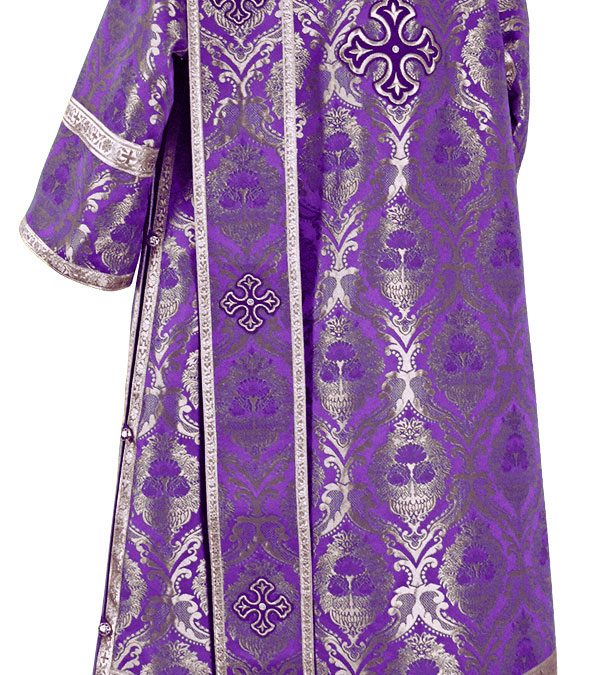Fr Dwight Longenecker has written a pithy and powerful piece on the recent dust-up concerning deacons, which came about because of another discussion in Rome on the matter. All his arguments are sound, including this:
Do we require women deacons to assist at naked baptisms? No. Do we require women to be ordained so that they might have the authority to administer the church’s charitable work? The splendid work of our teaching and nursing sisters precludes the need. Women are already administering the church’s charitable work effectively at every level. Do we need deaconesses to be diocesan chancellors, school principals, parish pastoral associates, directors of faith formation, Vatican administrators, professional consultants, diplomats, journalists, and financial advisers? No. Plenty of women already fulfill these roles. Do we need women to be ordained as deaconesses to be spiritual directors, theologians, cultural activists, broadcasters, evangelists, writers and scholars? No. We have a growing number of women already doing this.
But men can only say so much, because most of the men we have in our pious ranks are gracious towards women. What they cannot say without an unsightly blowback is that this is more than anything else an unseemly power struggle. Having explained first that the use of deaconesses preceded the flowering of Religious orders, which freed women to tend to apostolates beyond the family; and secondly that the wider culture now allows women to assume positions of influence that assist the ageless work of the Church, all that is left for a new rank of deaconesses to do is to tinker with the Deposit of Faith. This is the rub, because it requires power, not authority. Power (from the Greek, dunamis) is related to dynamite, and explosions are diametrically opposed to safeguarding a treasure passed along from generation to generation.
Power struggles within the family crush its weaker fragile members; power struggles within the Church will trample the subtleties hidden in her traditional teachings, primarily the teaching concerning the nuptial embrace between ordained clergy and the mystical bride. Why are men reticent to say this? Because they have been entrusted with an authority that rests on a hierarchy, a matter of antipathy to modern ears, and this is better explained by wise women who understand. Fools rush in where angels fear to tread. Lets remain on the side of the angels in this matter, and leave ordinations to those who embody the bridegroom. Far more fruit that way.

Recent Comments